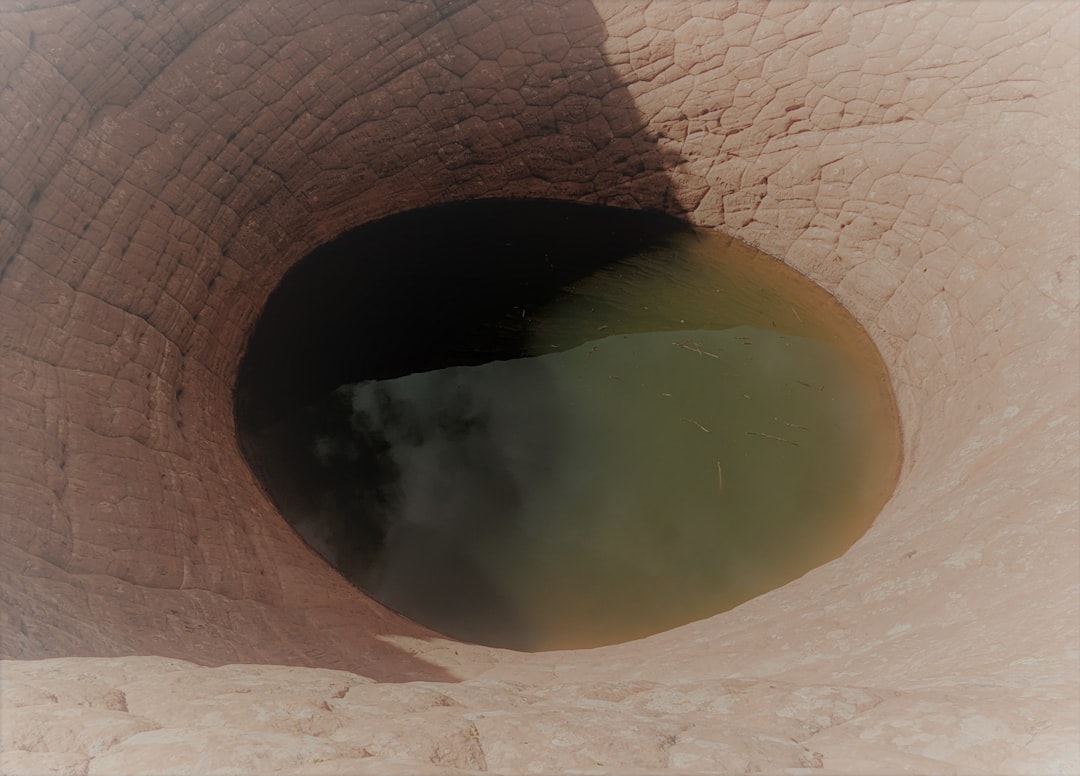Ever found yourself munching on a handful of cashews and your furry friend gives you those irresistible puppy-dog eyes? You might wonder, “Can dogs eat cashews?” The answer is a bit nuanced, so let’s dive into the nutty details!
Can Dogs Eat Cashews? The Short Answer
Yes, dogs can technically eat cashews in small quantities. Cashews are not toxic to dogs, unlike macadamia nuts which are extremely dangerous. However, just because they can eat them doesn’t necessarily mean they should. There are a few things to consider before offering your dog this particular treat.
Potential Benefits of Cashews for Dogs
Cashews do offer some nutritional benefits, though these are generally overshadowed by the potential risks. They contain vitamins like vitamin E, K, and B vitamins, as well as minerals like magnesium, phosphorus, and zinc. These nutrients can contribute to your dog’s overall health and well-being.
Cashews are also a source of healthy fats and protein, which can support energy levels and muscle development. However, remember that your dog should be getting the majority of their nutrients from their balanced dog food.
Potential Risks of Feeding Cashews to Dogs
High Fat Content
Cashews are high in fat, which can lead to weight gain and potentially pancreatitis in dogs, especially if they consume large quantities or are already prone to digestive issues. Pancreatitis is a serious condition that can cause severe abdominal pain, vomiting, and diarrhea.
High Sodium Content
Many commercially available cashews are salted, and excessive sodium intake can be harmful to dogs. It can lead to dehydration, increased thirst, and in severe cases, sodium ion poisoning. Always opt for unsalted cashews if you plan to give them to your dog.
Allergies
Although less common than other allergies, dogs can be allergic to nuts, including cashews. Signs of an allergic reaction include itching, hives, swelling of the face, difficulty breathing, vomiting, and diarrhea. If you notice any of these symptoms after your dog eats cashews, contact your veterinarian immediately.
Choking Hazard
Whole cashews can be a choking hazard, especially for small dogs or puppies. Always break them into smaller pieces before offering them to your dog.
How to Safely Introduce Cashews to Your Dog
If you decide to give your dog cashews, do so in moderation and follow these guidelines:
- Choose unsalted, plain cashews: Avoid cashews that are roasted, salted, flavored, or coated in chocolate, as these can be harmful to dogs.
- Start with a small amount: Give your dog only one or two small pieces of cashew to see how they react.
- Monitor for any adverse reactions: Watch for signs of allergies or digestive upset, such as vomiting, diarrhea, or itching.
- Make it an occasional treat: Cashews should not be a regular part of your dog’s diet. They should be given only as an occasional treat.
- Avoid giving cashews to dogs with certain health conditions: If your dog has a history of pancreatitis, obesity, or allergies, it’s best to avoid giving them cashews altogether.
Cashews: Pros and Cons for Dogs
- Pros:
- Source of healthy fats and protein.
- Contains vitamins and minerals.
- Can be a tasty treat in moderation.
- Cons:
- High in fat, which can lead to weight gain and pancreatitis.
- Often salted, which can be harmful to dogs.
- Potential allergen.
- Can be a choking hazard.
Alternatives to Cashews for Dog Treats
There are many healthier and safer treat options for dogs, such as:
- Dog-specific treats: These are formulated to meet your dog’s nutritional needs and are often lower in fat and sodium.
- Fruits and vegetables: Many fruits and vegetables, such as carrots, apples (without the core and seeds), and blueberries, are safe and healthy treats for dogs.
- Lean protein: Small pieces of cooked chicken, turkey, or fish can be a great source of protein for your dog.
Frequently Asked Questions
Can puppies eat cashews?
It’s best to avoid giving cashews to puppies. Puppies have more sensitive digestive systems, and the high fat content of cashews can easily cause upset stomachs. Stick to puppy-specific treats or easily digestible fruits and vegetables.
What happens if my dog eats too many cashews?
If your dog eats too many cashews, they may experience vomiting, diarrhea, abdominal pain, and potentially pancreatitis. Contact your veterinarian if you are concerned about your dog’s health.
Are cashew shells safe for dogs?
No, cashew shells are not safe for dogs. They are hard and indigestible and can cause intestinal blockages or other digestive problems. Never give your dog cashew shells.
Can dogs eat cashew butter?
Plain, unsalted cashew butter can be given to dogs in small amounts, but it’s still high in fat and calories. Make sure it doesn’t contain any xylitol, an artificial sweetener that is extremely toxic to dogs. Peanut butter is often a safer and more readily available alternative, as long as it is also xylitol-free.
In conclusion, while cashews aren’t toxic to dogs, they should be offered sparingly, if at all. The high fat and sodium content, as well as the potential for allergies and choking, make them a less-than-ideal treat. Always prioritize your dog’s health and safety by choosing healthier, dog-friendly alternatives and consulting with your veterinarian before introducing new foods into their diet.

